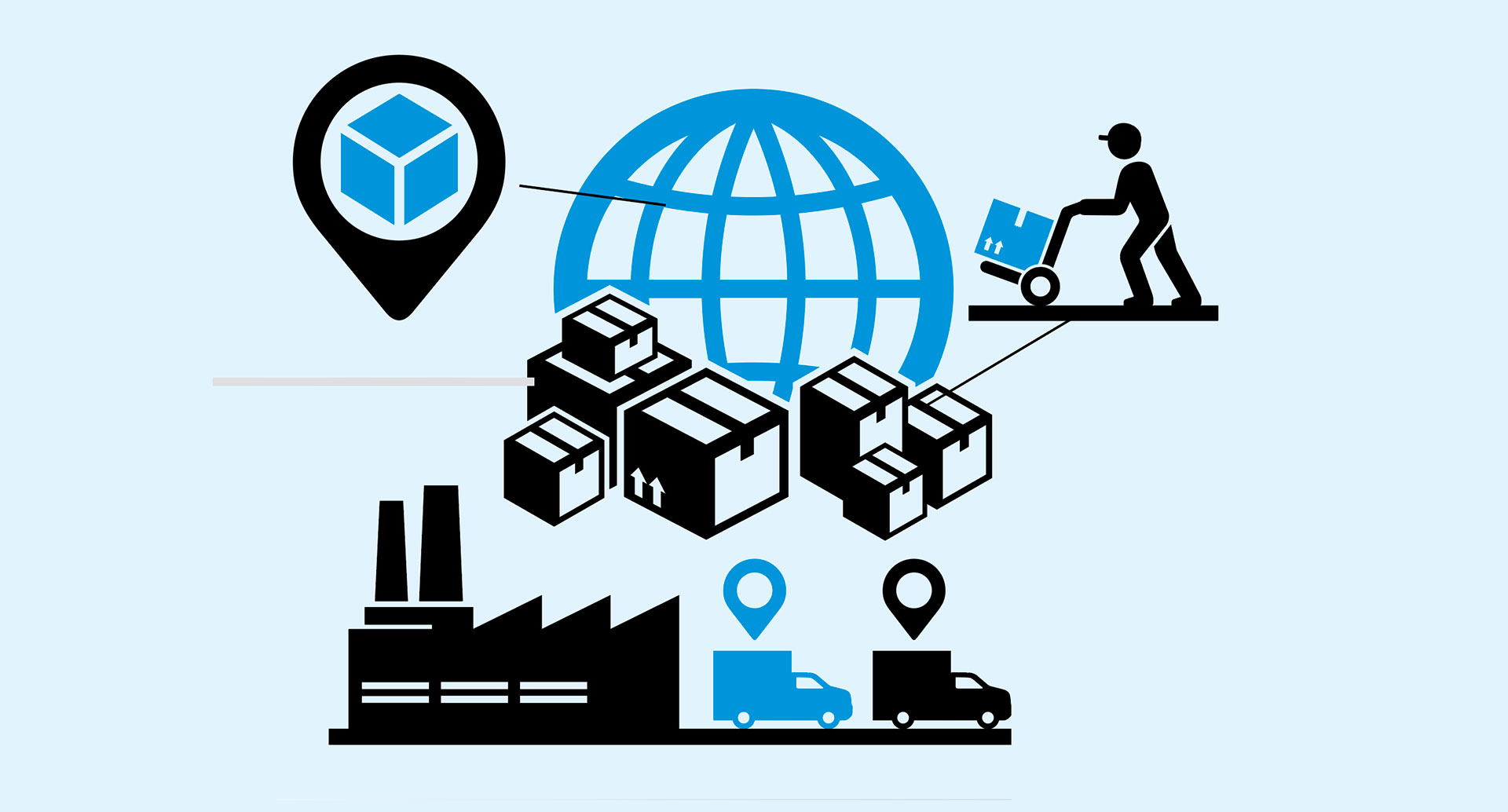Before the global pandemic, public awareness of supply chains and the dependency on these to move goods around the world was taken for granted. Customers simply expected products to be available on the shelf to purchase, or ready for delivery via their online shopping basket. Any minor disruptions were managed in the background with minimal fuss for the customer.
Supply chains often span across continents with the sole intention of moving goods to the right place at the right time, in the most cost-efficient manner. This by and large has worked for many years, enabling a wide selection of products.
That was the Old World. Over the last few years, the status quo has changed significantly with events such as the global pandemic, Brexit, environmental disasters, social unrest and, more recently, the situation in Ukraine. These events have had a significant impact on how we live our lives and will continue to do so for many years.
The disruption has resulted in increasing nationalism and protectionism, which has made it more difficult to move goods across borders, resulting in delays in goods arriving or being shipped. A key reason why supply chains remained robust for so long was the relative stability of trade and the movement of products across borders with little friction. This increased global trade and deepened dependencies between countries.
Additionally, as economies have opened again, post-pandemic lockdowns have accelerated the demand for goods. This has resulted in product shortages, which in turn have pushed up prices and led to inflationary pressures. Changing buying habits has made things even more difficult. Customer expectations have become increasingly demanding with the expectation of accessing products through various channels of convenience, whether via mobile applications, local collection points or same day deliveries. These trends are set to continue in the future.
Labour and skill shortages have been evident too, making the movement of goods even more challenging. That is without the increased pressure and expectation on organisations to meet carbon emission reduction aims and shift towards a circular economy.
We are clearly living in an era of significant change and unpredictability. So, the question is how does an organisation bring predictability and stability to its supply chain in an uncertain world?
The reality is that there is no single answer, nor a one-size-fits-all solution. However, we at Capgemini are working with our clients, bringing our industry experience and know-how to help build resilient processes and systems to not only face the challenges of today but also those of tomorrow.
We are living in an era of significant change and unpredictability. So how does an organisation bring predictability and stability to its supply chain?
In many cases, the challenges our clients are facing are twofold: not only the external pressures described above but, also, trying to manage the supply chain using legacy processes and systems built for more stable times. Today, many system architecture and processes are simply not flexible enough to support New World requirements.
For businesses now, there must be the ability to continually adapt and predict supply chain movements to ensure disruption is avoided and opportunities can be seized.
We do this with our clients by building architectures, processes and integrated solutions that support agile ‘composable’ architecture, which will adapt and evolve as business needs change. These are solutions fit for both now and the future.
Having the right architecture and applications enables organisations to adopt technologies such as artificial intelligence. These support processes like what-if scenario planning, risk reduction by evaluating how inventory should be held, as well as sharing of information across the supply chain in an accurate and timely manner, managing risk through inventory track and trace capabilities and use of blockchain technology.
Applications such as SAP Integrated Business Planning (IBP) linked to SAP Analytics Cloud (SAC) provide the capability to perform what-if exploration from both a material and financial perspective. Moreover, connecting with partners using the Ariba Network via Ariba Supply Chain Collaboration (Ariba SCC) provides functionality to share production demand schedules and for the supplier to commit to the supply plan.
Logistics Business Network, meanwhile, enables track and trace data to be shared with external logistics service providers alongside products such as SAP Transportation Management to enable effective freight management.
If you feel that Capgemini can support your organisation in building a resilient supply chain that is fit for today and tomorrow then please reach out. We’d be happy to help you bravely traverse today’s new world, shedding the shackles of yesterday.




